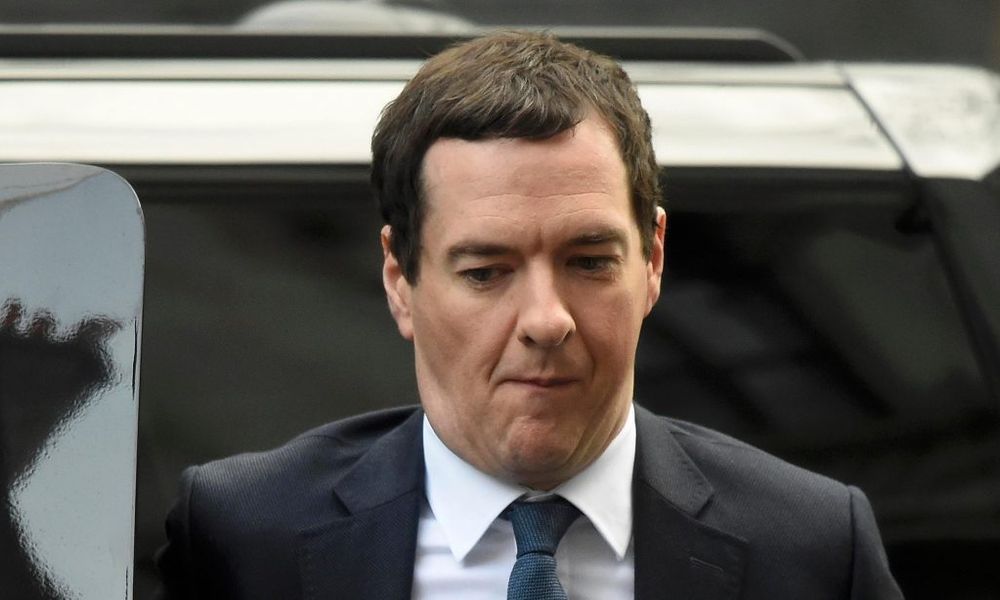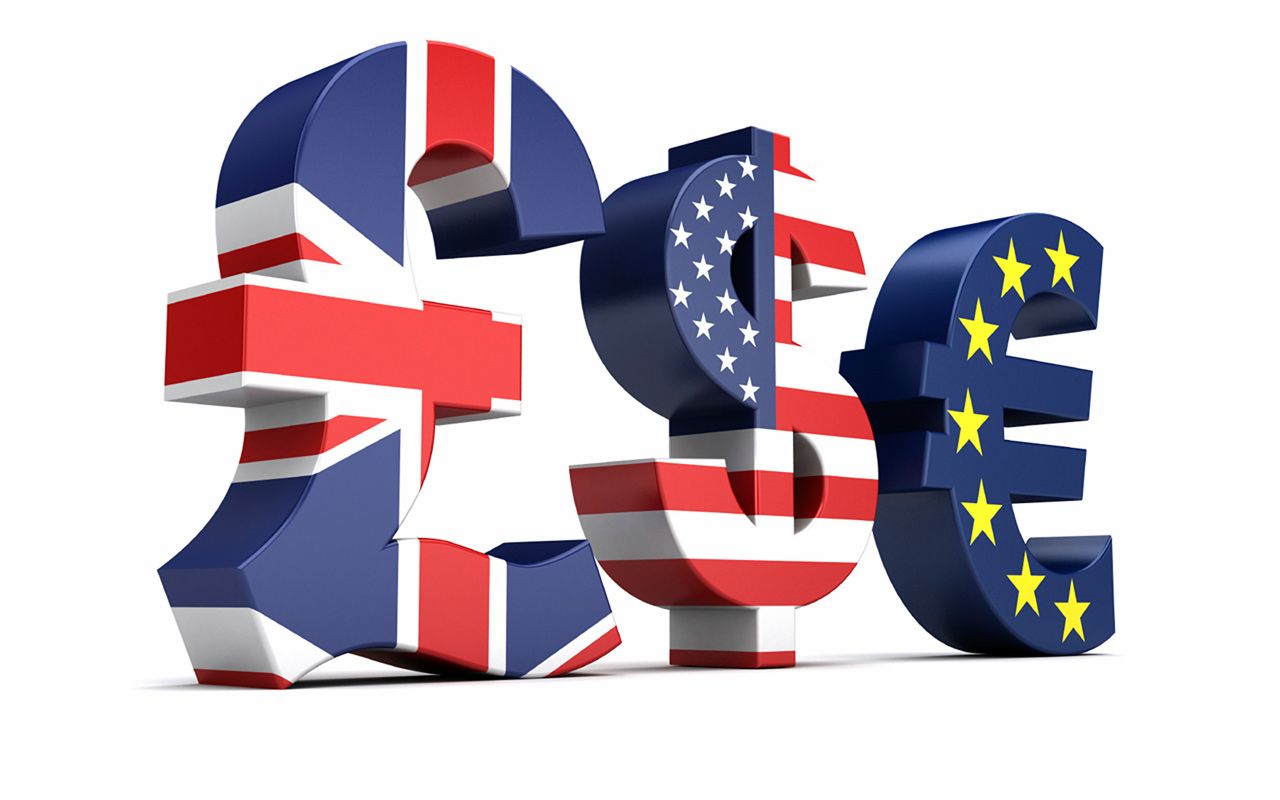Sterling set to remain at or below $1.30 warn currency analysts as the Chancellor looks to protect investment in the UK.
Whether you voted to Remain or Leave the number one factor that affects everyone involved in the buying and selling of drinks for the UK on-trade will be the value of sterling over the coming months.
With the vast majority of wine, in particular, and spirits sold in the UK shipped from Europe and around the world, the value of sterling will potentially have a bigger impact than ever on what ends up on drinks and wine lists in pubs, bars, restaurants and hotels.
Whilst most of our drinks suppliers will be cushioned, for now, from the huge hit that sterling has taken since the vote to Leave was made on June 23, by forward buying of currency, they will be fully exposed to whatever rate sterling sits at later in the summer, going in to the autumn when those contracts come up for renewal.
Sadly it looks as though there is no shining sterling knight about to appear over the horizon. Drinks buyers can expect the rate for sterling to sit at or below $1.30 for the rest of the year, acccording to a poll of the world’s leading currency analysts by Bloomberg.
In its latest poll of over 30 of the top economic forecasters and currency analysts around the world, it predicts sterling is set to drop a further 6% by the year-end on the back of continued uncertainty not only about the UK leaving the EU, but who is going to succeed David Cameron as Prime Minister.
30-year low

Sterling is already 11% weaker since the UK’s decision on June 23 to leave the EU. It reached its lowest level in 31 years when it hit $1.3121 on June 27.
The news comes as the Chancellor, George Osborne, looked to steady the market this morning by floating the idea of lowering the UK’s corporation tax rate to below 15% to help stimulate more investment in the country. This would mean the UK would have the lowest corporation tax of any major economy. Ireland is the only one that would be lower at 12.5%.
Britain currently has a 20% corporate rate for business, which is due to drop to 19% in April and 17% in 2020. The Chancellor’s move, played out in an interview in the Financial Times today, helped sterling increase by 0.2% to $1.3294.
Osborne told the FT it was important for “Britain to “get on with it” to prove to investors that the country was still “open for business”.
But the move has already been criticised by some leading figures in Europe. Pascal Lemy, former director general of the World Trade Organisation, said: “This will be seen on the continent as the start of the negotiation.” He added: “And I’m quite convinced that at the end of the day, if you want a proper balanced win-win relationship in the future, starting with tax competition is not the right way psychologically to prepare this negotiation.”
Sterling could stay at $1.30
But overall the economic mood is against sterling making any sort of realistic recovery above $1.30.
Of the 36 economic analysts surveyed by Bloomberg survey, 32 are for sterling to end the year at or below $1.30, only two predicting it will go higher.
The median estimate is for sterling to sit at $1.25.
Roberto MIalich, a senior foreign-exchange strategist at UniCredit SpA in Milan, said: “The pound will continue to bear the brunt of the Brexit result.”
He has cut his year-end forecast to $1.20.
Analysts say a lot will rest on how the Bank of England performs and what it says in its next statements in July and August.
Imre Speizer, a market strategist at Westpac Banking Corp, added. “But ultimately, a lower pound will be required to help rebalance the UK economy.”
- This is an adapted story written for VINEX, the bulk wine trading platform.










































